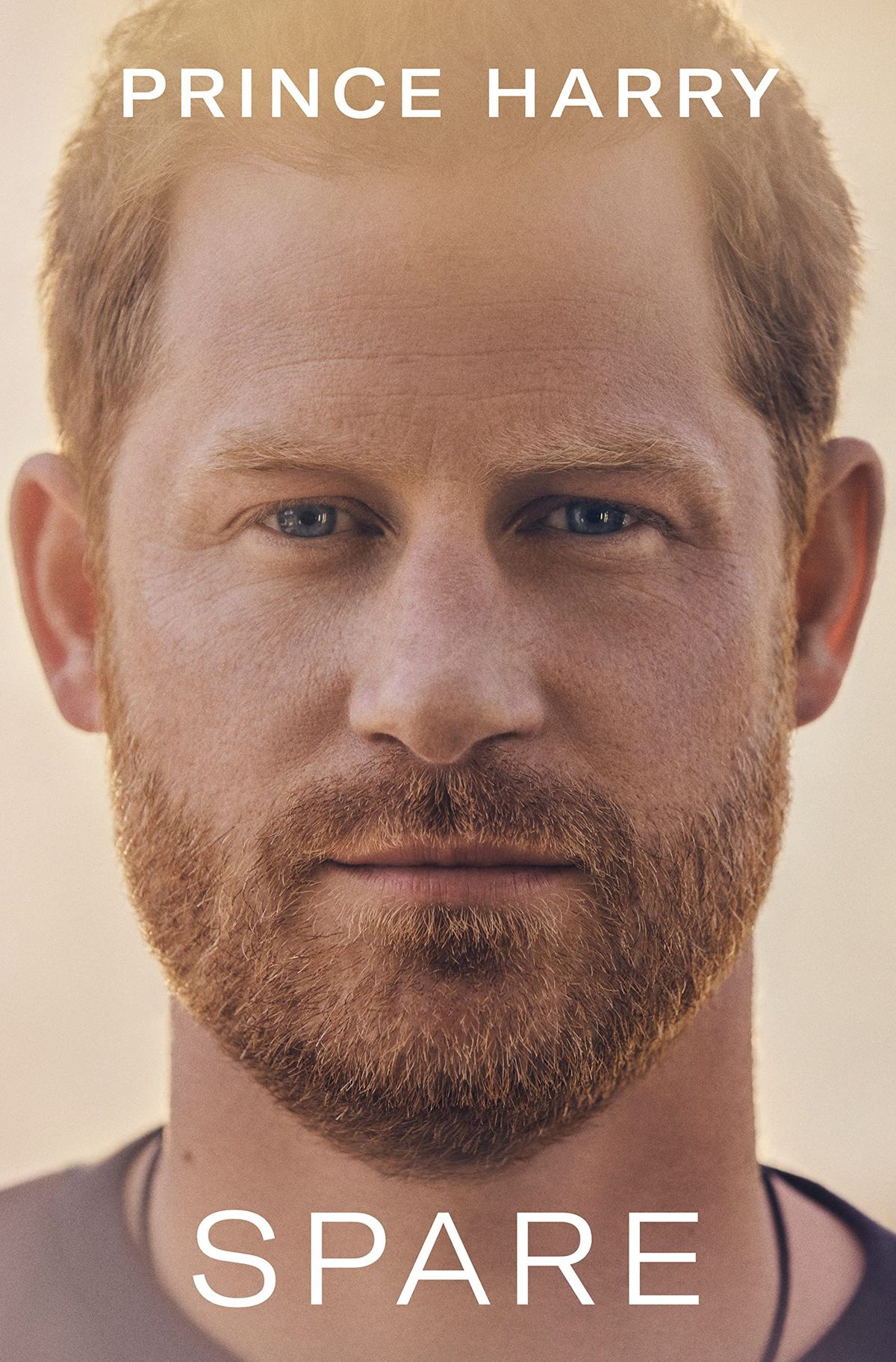Books |
Prince Harry: Spare
By
Published: Jan 22, 2023
Category:
Memoir
“Spare” is the fastest-selling nonfiction book ever, with 1.43 million copies sold on its launch day. I wasn’t among those avid first day buyers. I wasn’t one of the 17 million viewers of Oprah’s interview with Harry and Meghan or live in one of the 28 million households that watched their Netflix documentary. I hadn’t savored the press reports of the book’s revelations and inaccuracies, or read beyond the headlines of the damage the book may deliver to the Crown, or cheer their $135 million deals that look a lot like a raised finger to the family that refused to pay even their much-needed security team. Truly, my interest in the Harry and Meghan story extended no further than Tina Brown’s book, The Palace Papers, and her unforgettable quip at her publication party: “This is a book Meghan Markle wishes she’d read four years ago.”
And yet a copy of “Spare” was on my desk the other day when my daughter walked in. Her face was a rictus of young disgust. As was her tone: “Ooooo… why?” I explained that the ghostwriter was J.R. Moehringer, author of one of my favorite memoirs, The Tender Bar. Harry is, by his own admission, not a reader. He is surely no writer. As I occasionally ghostwrite, I explained to my daughter that I was reading the book to see what I could learn from Moehringer, who reportedly earned $1 million for his services on “Spare.” [To hear an excerpt, click here. To buy the book from Amazon, click here. To buy the Kindle edition, click here. To buy the 15 hour 39 minute audiobook, read by Harry, click here.]
So let me pass over the book’s greatest hits — there’s a laundry list of them here and here — and deal with Moehringer’s considerable achievement. He structured the book as a case history of a great trauma: the death of Harry’s mother and the inability of his stiff-upper-lip father and equally traumatized brother to help him.
Not long ago, I read this: “Trauma is stored in the body and released in relationships.” I asked a therapist if she believed that was true. “100%” she said.
“Released” in relationships is not a good thing. It means that, when triggered, the trauma is expressed as anger or tears or even violence on an innocent, baffled lover, friend, or relative. In the classic Trauma and Recovery: The Aftermath of Violence — from Domestic Abuse to Political Terror, Judith Herman writes, “When the truth is finally recognized, survivors can begin their recovery. But far too often, secrecy prevails, and the story of the traumatic event surfaces not as a verbal narrative but as a symptom.”
Most of “Spare” is a chronicle of Harry’s symptoms: drugs, endless confrontations with paparazzi, stalled relationships with women, and, of course, the ongoing war with his family. There are exciting chapters — Harry’s experiences in the Army are vivid and detailed — and his high-speed drive through the Paris tunnel where his mother died is a heartbreaker. But the real plot engine is dish. The high-level gossip regularly detonates, keeping us reading — kudos to Moehringer — and we feel for the kid who believes his mother is alive, just elsewhere, because then she’s not really gone. But there’s no getting around it: until Harry meets Meghan Markle, this is one sad book.
From the second Markle appears, the clouds clear and the sun shines, and we are reading a thrilling love story: a wounded warrior is healed by a fantastic woman, who creates a family with him that he is dedicated to protect. Could there possibly be a happier ending?
Stories that end this well — stories that are too good to be true — generally omit disquieting realities. The main one: Harry and Meghan have created a family unit almost as insular as the Royals. The Times review nibbles at this:
One kind of wants to snatch the remote control from his hands and press into them a copy of Joseph Heller’s “Catch-22” … because of the seemingly inescapable paradox of his situation…
In the prince’s full-throated renunciation of fame and royalty with all its punishing invasions of privacy, he has only become more famous, if not more regal, trading his proximity to the throne for the No. 1 spot on a cushioned chair.
Finally, a personal note. When Diana died on August 31, 1997, I was Editorial Director of America Online. I was spending the Labor Day weekend at an off-the-grid inn a hundred miles from AOL headquarters in Dulles, Virginia. I rushed back to the office the next morning. Right… Labor Day — the building was locked. (Unreal, but the Internet wasn’t 24/7 then.) On Tuesday, my team belatedly started to build a memorial special. When it launched, it was like no special ever seen on AOL. Instead of links to news accounts, all the links went to message boards that asked for emotional responses: Grieve. Share. For her family. AOL then had 3 million members. In a few days, we had 4.5 million messages.
When I recall those numbers, I cut almost everyone in “Spare” a little slack. Not the media — there are killers with better ethics than the British press and its ghoulish photographers. And it’s hard to forgive Charles and Camilla and Kate and William for tolerating and even encouraging a racist campaign against Meghan.
But context matters. And in context, I see a traumatized family in a traumatized world. The death of Diana was like 9/11 for the Royals. No one who was alive that day will ever forget it. Or not feel it. That ongoing trauma — Diana’s long shadow — will, sadly, be a silent, ghostly presence in what Harry and Meghan want to believe is their beautifully tended garden of a marriage.


